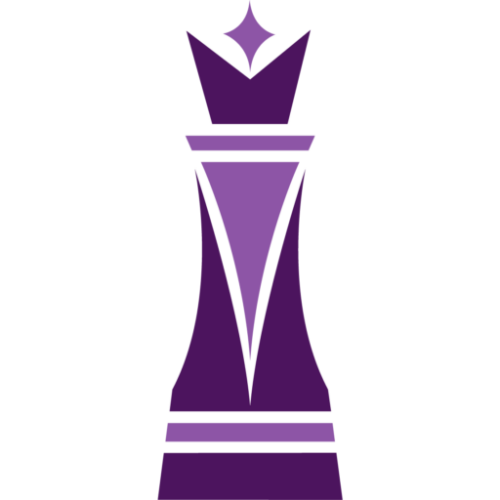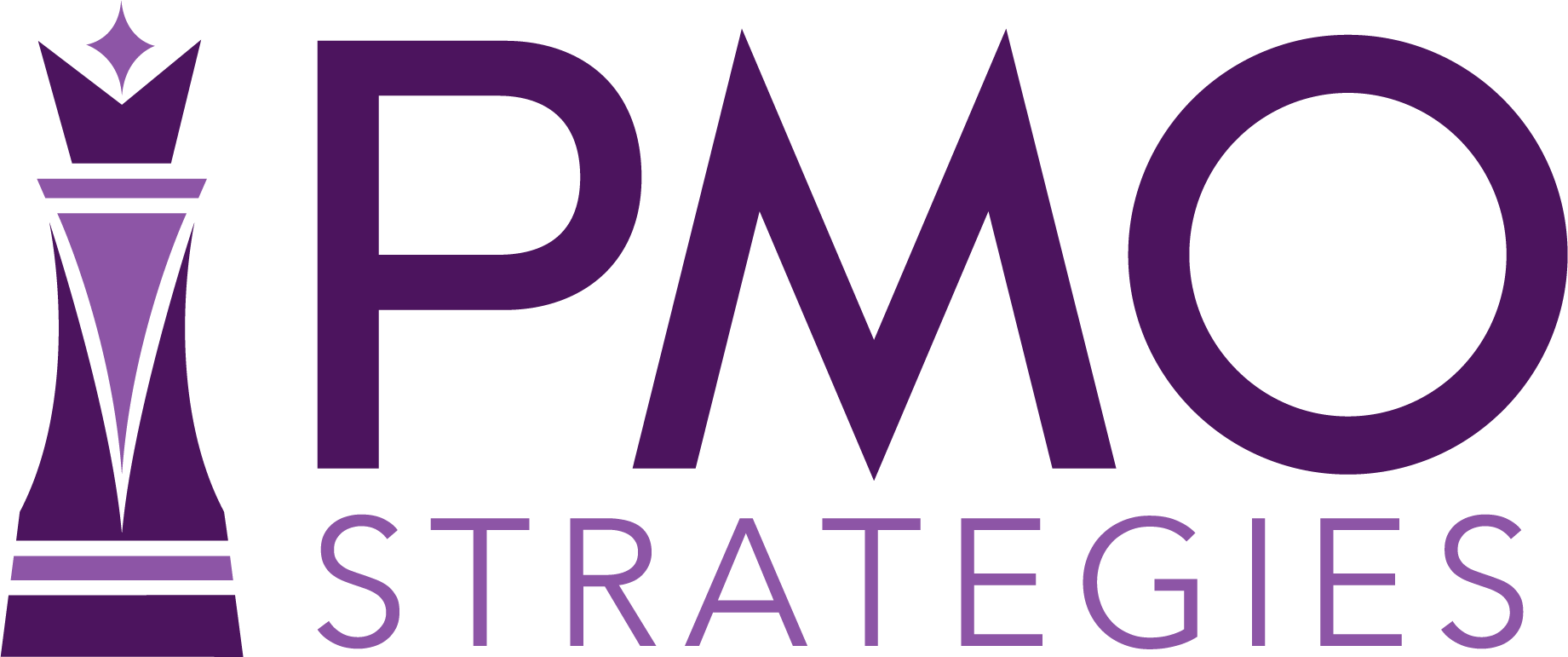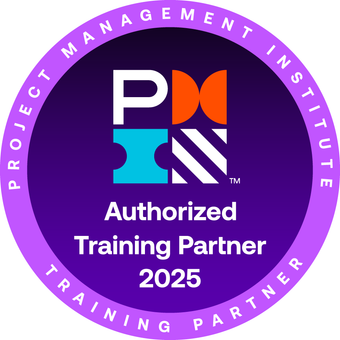-
 How do PMO people learn? Most courses teach us through presentation with a number of exercises; where at the end our memory skills are tested. Effective? For the training team; yes. But what if there was another way for the learner? Accountability is key to true learning power – so what if instead we utilized an approach that allowed learners to do some reflective practice, apply their critical thinking techniques, then were made accountable for delivering through project-based learning(PBL) and mentoring? Considering Maslow’s Hierarchy of Needs, the Ebbinghaus forgetting curve, and the fact that we are humans first, PMO second; this presentation will provide an insight into how best to invest in training for our people, getting true Return on Investment for the organization, whilst developing key personal and Leadership skills. Making better PMO people.
How do PMO people learn? Most courses teach us through presentation with a number of exercises; where at the end our memory skills are tested. Effective? For the training team; yes. But what if there was another way for the learner? Accountability is key to true learning power – so what if instead we utilized an approach that allowed learners to do some reflective practice, apply their critical thinking techniques, then were made accountable for delivering through project-based learning(PBL) and mentoring? Considering Maslow’s Hierarchy of Needs, the Ebbinghaus forgetting curve, and the fact that we are humans first, PMO second; this presentation will provide an insight into how best to invest in training for our people, getting true Return on Investment for the organization, whilst developing key personal and Leadership skills. Making better PMO people. -
 Have you ever been in a situation where you would like to put in practice these amazing learnings you got from that project management training course you went to last month but no one else seems to follow? Are you getting annoyed by missing out on the beauty of project management? If you are the only one realizing the value of organizational project management but getting no support from your manager or peers, this session is for you. Marisa Silva, The Lucky PM, will share her practical hints and tips on how your PMO can become a trojan horse (a good one, I promise) and how to implement a project management culture by stealth. It’s time for some PMO ninja action!
Have you ever been in a situation where you would like to put in practice these amazing learnings you got from that project management training course you went to last month but no one else seems to follow? Are you getting annoyed by missing out on the beauty of project management? If you are the only one realizing the value of organizational project management but getting no support from your manager or peers, this session is for you. Marisa Silva, The Lucky PM, will share her practical hints and tips on how your PMO can become a trojan horse (a good one, I promise) and how to implement a project management culture by stealth. It’s time for some PMO ninja action! -
 Studies have shown that Emotional Intelligence is the strongest predictor of performance, explaining 58% of success in all types of jobs.
Studies have shown that Emotional Intelligence is the strongest predictor of performance, explaining 58% of success in all types of jobs.
Emotional Intelligence is the foundation for all critical skills and is an important factor that sets star performers apart from the rest of the pack. People with a high degree of emotional intelligence make more money, manage relationships more effectively, and report being happier and more satisfied with life. Communication between your emotional and your rational “brains” is the physical source of emotional intelligence. -
 Do you ever have a dependency on someone in a different part of the organization (or externally) and yet they don’t have the same sense of urgency as you? Increasingly, PMO leaders and project managers are responsible for delivering initiatives with people who do not report to us while relying on stakeholders we don’t have authority over. Our ability to influence can make all the difference in getting commitment and achieving our objectives. In this session, Andy shares evidence-based insights on how to improve your ability to influence even when you don’t have authority.
Do you ever have a dependency on someone in a different part of the organization (or externally) and yet they don’t have the same sense of urgency as you? Increasingly, PMO leaders and project managers are responsible for delivering initiatives with people who do not report to us while relying on stakeholders we don’t have authority over. Our ability to influence can make all the difference in getting commitment and achieving our objectives. In this session, Andy shares evidence-based insights on how to improve your ability to influence even when you don’t have authority. -
 Project portfolios are complex systems that follow a simple law of physics: you can only get as many projects through the system as your biggest constraint will allow. This presentation will describe the single technique that takes the most advantage of this concept, and will also discuss common obstacles to achieving dramatic performance improvement–and how to overcome them.
Project portfolios are complex systems that follow a simple law of physics: you can only get as many projects through the system as your biggest constraint will allow. This presentation will describe the single technique that takes the most advantage of this concept, and will also discuss common obstacles to achieving dramatic performance improvement–and how to overcome them. -
 The world is experiencing a boom in the coaching industry. Gone are the days that the term ‘coach’ was only heard on the sports field! Whilst coaching has in fact existed in business over the years its often been limited to niche areas such as Executive Coaching, Sales Coaching and Career Coaching. In project management and more specifically PMO we don’t often associate our role with coaching which is such an untapped opportunity. In this presentation, we will explore the coaching in its simplest form. By understanding what coaching is ( and isn’t) we can delve deeper to recognize and appreciate where as PMO leaders we can really have an impact on not only ourselves but our project teams.
The world is experiencing a boom in the coaching industry. Gone are the days that the term ‘coach’ was only heard on the sports field! Whilst coaching has in fact existed in business over the years its often been limited to niche areas such as Executive Coaching, Sales Coaching and Career Coaching. In project management and more specifically PMO we don’t often associate our role with coaching which is such an untapped opportunity. In this presentation, we will explore the coaching in its simplest form. By understanding what coaching is ( and isn’t) we can delve deeper to recognize and appreciate where as PMO leaders we can really have an impact on not only ourselves but our project teams. -
 It’s not often you get the chance to build project practices from virtually scratch. Even rarer when you can point to your work leading to a multi-hundred percent increase in projects shipped. In 2010 I was asked to create a program management office for a new division of Hitachi GST (The hard drive division of the company). Stepping into the chaos I quietly went about creating a program process based on the values and principles of agile and lean. This is my story.
It’s not often you get the chance to build project practices from virtually scratch. Even rarer when you can point to your work leading to a multi-hundred percent increase in projects shipped. In 2010 I was asked to create a program management office for a new division of Hitachi GST (The hard drive division of the company). Stepping into the chaos I quietly went about creating a program process based on the values and principles of agile and lean. This is my story.


